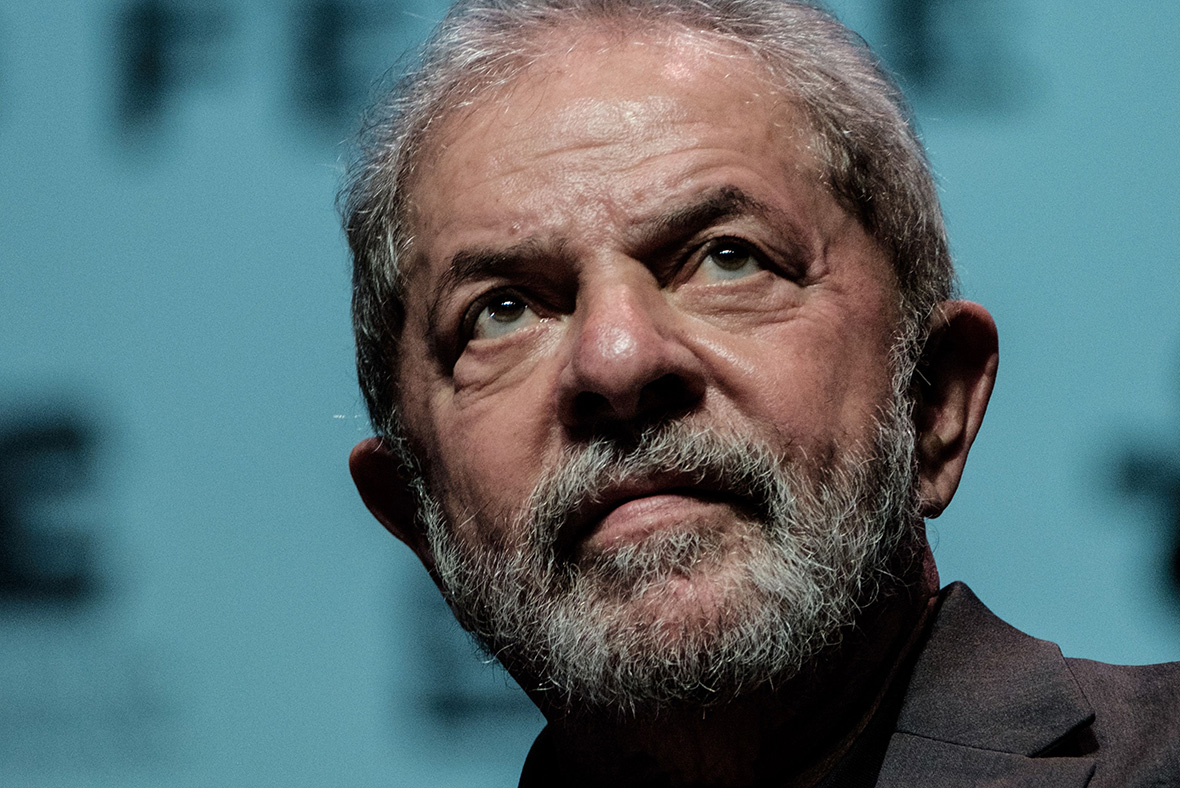
The former Brazilian president, Luiz Inácio Lula da Silva (2003-2010), of the Workers’ Party (PT, left), will seek today, Sunday, in the second round of elections, to return to power with a plan containing strong social. .
The former trade unionist has been the protagonist of a spectacular recovery of his political leadership after spending more than a year in prison between 2018 and 2019 due to a conviction that was later overturned by the Supreme Court.
Born into a low-income family in the northeastern state of Pernambuco, Lula da Silva began his political career in trade unionism, founding the PT and the Central Única de Trabajadores (CUT), the largest trade union organization in Latin America. .

In his two terms in office, Lula da Silva put the issue of hunger and poverty on the Brazilian political agenda and tried to reconcile social policies with fiscal discipline and sustainable economic growth.
Buoyed by a favorable external front and a significant increase in exports, the Brazilian economy was able to stabilize, allowing tens of millions of Brazilians to rise out of poverty.
His international policy was very active and universalist, strengthening traditional alliances and giving a solid impetus to South-South relations.
At the end of his second term, Lula da Silva ended up as the most popular president in Brazilian history, with an 80 percent approval rating.
However, the effects of the international economic crisis and the numerous corruption scandals that engulfed the PT and its allies eroded his image after he left the presidency.
Lula da Silva was the target of the “Lava Jato” (Laundry) operation, which, based on rewarded information from top executives of companies supplying the state oil company Petrobras, led to the imprisonment of prominent political leaders and prominent businessmen.
The former president was convicted in 2017 by then-judge Sergio Moro and was jailed for 19 months. Later, the Supreme Court overturned the conviction, declaring the trial null and void due to Moro’s alleged vices of bias.
Free again at the end of 2019, the former president has since devoted himself to relaunching his political career and forging a wide range of alliances with left-wing and centrist forces.
At 77, he heads into tomorrow’s Sunday runoff with a slight lead over President Jair Bolsonaro.
In the first round, held on October 2, Lula da Silva received 57.2 million votes, 48.3 percent of valid votes, against 51 million, 43.2 percent of valid votes for President Bolsonaro.
Among his main proposals is the return of the policy of real growth of the minimum wage, the strengthening of state-owned companies and the fight against hunger and poverty.
In the last televised debate held on Friday, the petista leader addressed the voters saying that during his government “culture worked, education worked, people worked, wages increased”.
“We can rebuild this country; it just depends on who you vote for on Sunday,” added Lula da Silva.



